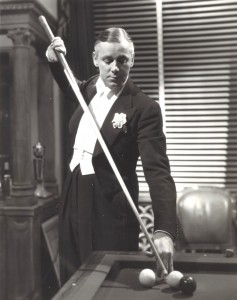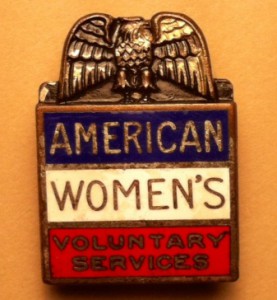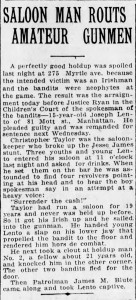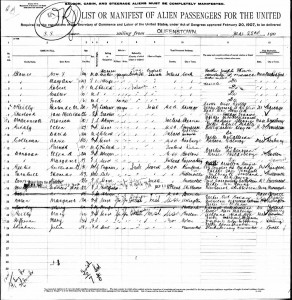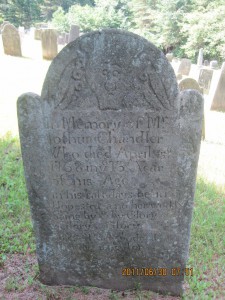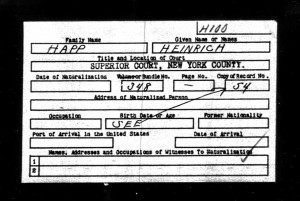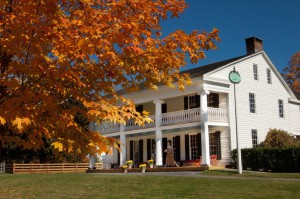
October is a magical month when the leaves turn brilliant colors and start decorating the ground as the nights get cooler and darker. No wonder it is a time filled with hearty food, hot cider, and spooky stories told around a fire. Perhaps one reason why people embrace the autumn so readily is the connection to family the season inspires. Throughout the years many fall activities have led me to new discoveries about my ancestors and the ways I can connect with them, particularly at historic places. Continue reading Family Ghosts
